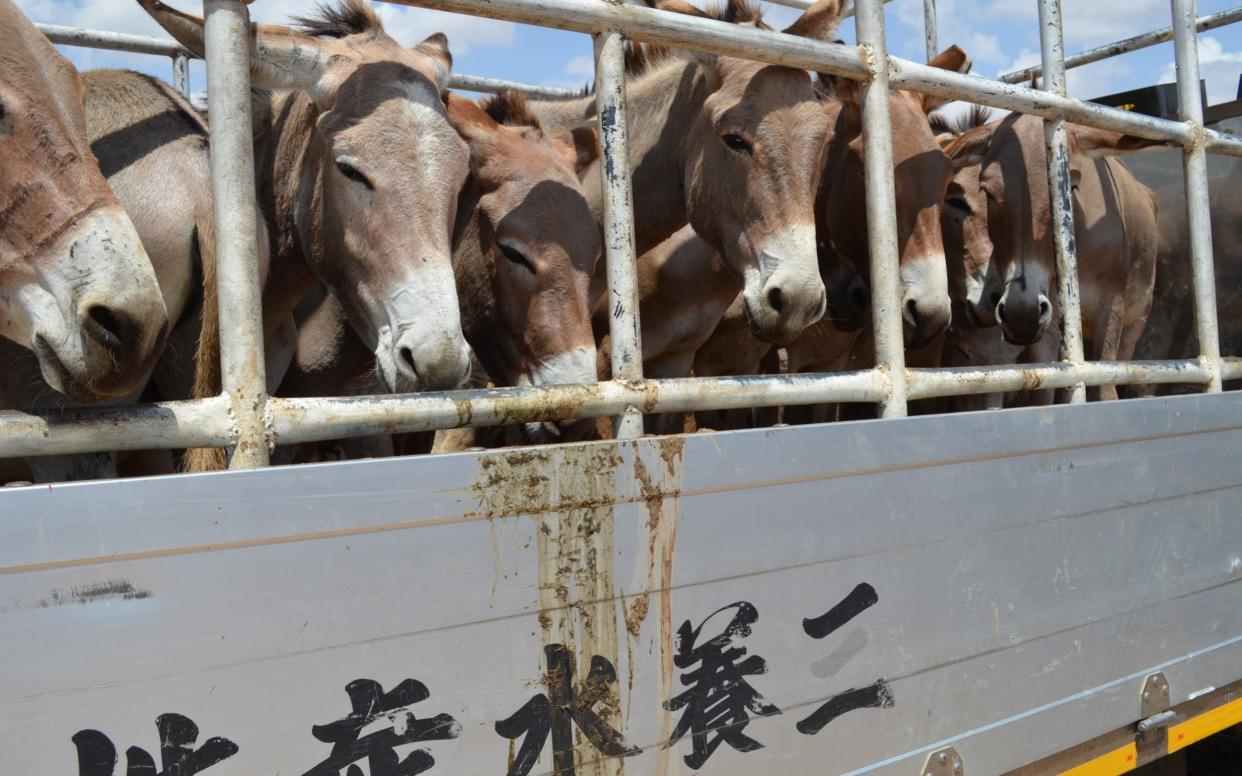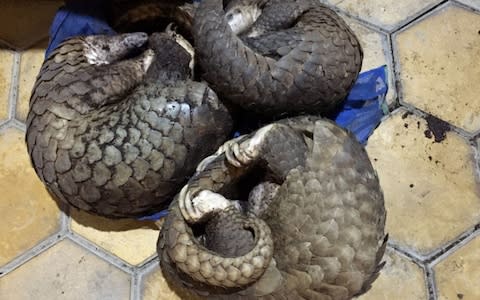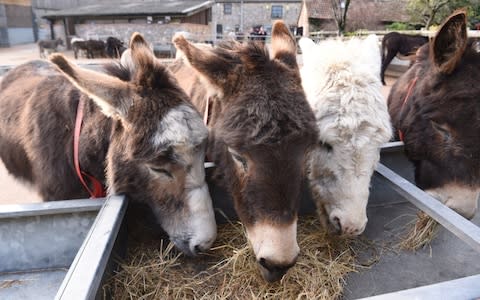Rising popularity of Chinese medicine threatens global wildlife populations, say conservation groups

The growing popularity of traditional Chinese medicine is ravaging global populations of donkeys, tigers and other many other animals, conservation groups say.
Poachers target various species for their organs and treatments are offered for a variety of ailments, from arthritis to erectile dysfunction.
The traditional Chinese medicine industry has rocketed to be worth £46 billion a year because of homegrown demand and an increasing interest in the West for alternative treatments.
Beijing was buoyed last May when the World Health Organization controversially included the ancient folk remedies for the first time in its influential compendium, which categorises thousands of diseases and medical diagnoses.
The decision could lead to more mainstream recognition of traditional Chinese medicine, although the WHO has said it did not mean official endorsement of the science behind it or condonement of the use of animal parts.

“We fear that WHO endorsement of TCM will be interpreted by practitioners and users as endorsement of the use of wildlife parts in TCM, thereby increasing the use of wildlife parts in TCM, putting pressure on already dwindling wildlife populations,” said John Goodrich, director and chief scientist for Panthera, which protects wild cats.
China’s State Council has also announced a multi-decade “strategic plan” to expand awareness and the practice of traditional medicine, including setting up hospitals, museums, medicinal zoos and botanical gardens on countries along its Belt and Road initiative, a $1 trillion dollar infrastructure investment plan aimed at boosting its global clout.
Half of the world’s 44 million donkeys could be wiped out over the next five years if demand continues at its current pace.
Nearly five million skins are used every year to make ejiao, a gel believed in China to be a remedy for troubles ranging from colds to ageing, putting enormous strain on donkey populations around the world, Britain-based animal welfare group Donkey Group said in a report last month.
Kyrgyzstan has lost more than half of its donkeys so far, and there are concerns for a similar winnowing in Kenya and Ghana.
“It’s absolutely clear that the current levels of offtake are unsustainable from an animal welfare point of view,” said Simon Pope, campaigns manager at the Donkey Sanctuary.

A dwindling donkey population also affects an estimated half a billion people around the world who depend on the hard-working animals to support their livelihoods – hauling goods to market, carrying water and wood, transporting people.
Other animals at risk include the pangolin, a shy, scaly anteater thought to be the world’s most trafficked mammal after humans, whose scales are used to treat conditions including breast milk stoppage and rheumatoid arthritis.
And even though it’s illegal to hunt wild tigers anywhere, given their endangered status, “tigers are heavily poached for their body parts for TCM,” said Mr Goodrich. “As tigers have become increasingly rare, especially in southeast Asia, other cat species such as lions, jaguars and leopards are being poached as substitutes.”
More than 5,000 Asian leopards have been seized in trade over the last two decades to make traditional remedies such as leopard bone pills and wine, according to the Environmental Investigation Agency, a London-based NGO.
Investment in animal farming and advances in plant-based alternatives could help mitigate the strain on animals globally, many of whom endure horrific, unhygienic conditions while being trafficked, leading to broken limbs or disease, rights groups say.
But medical experts stress that there is little evidence that traditional Chinese cures are effective, and that more work needs to be done to test the herbal medicines, along with the processes by which they’re made, to ensure they aren’t toxic to consumers.

